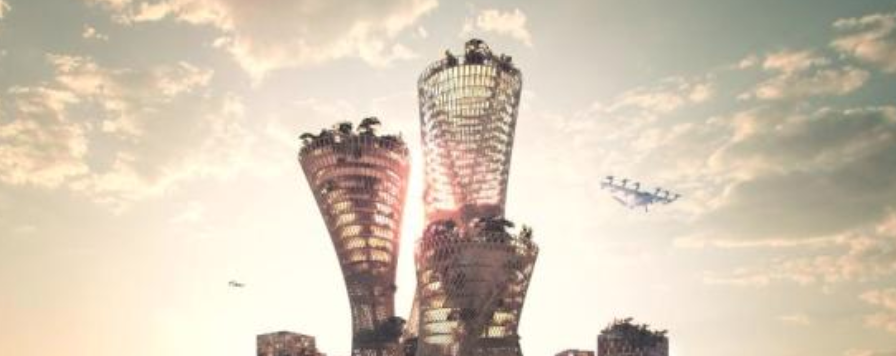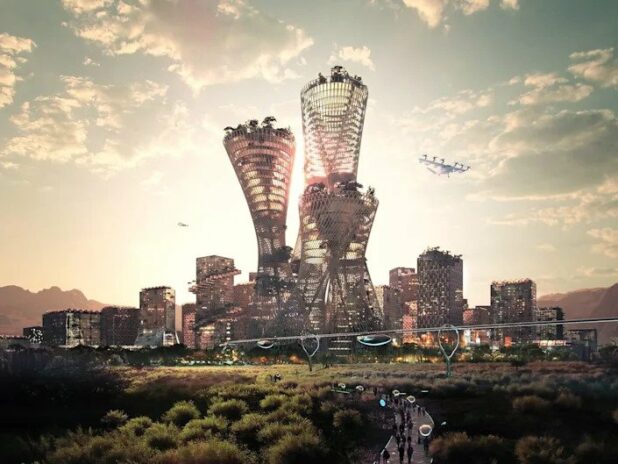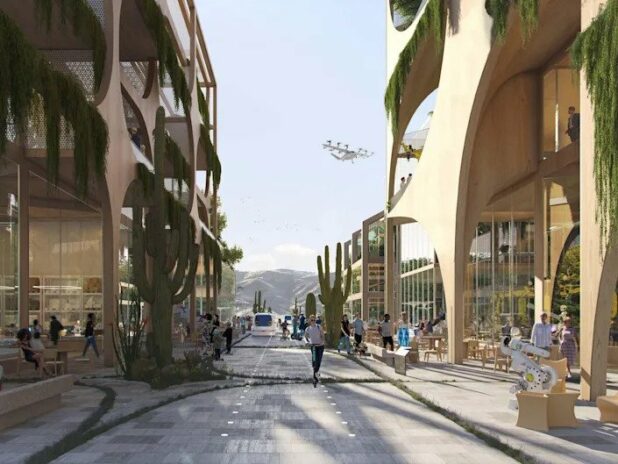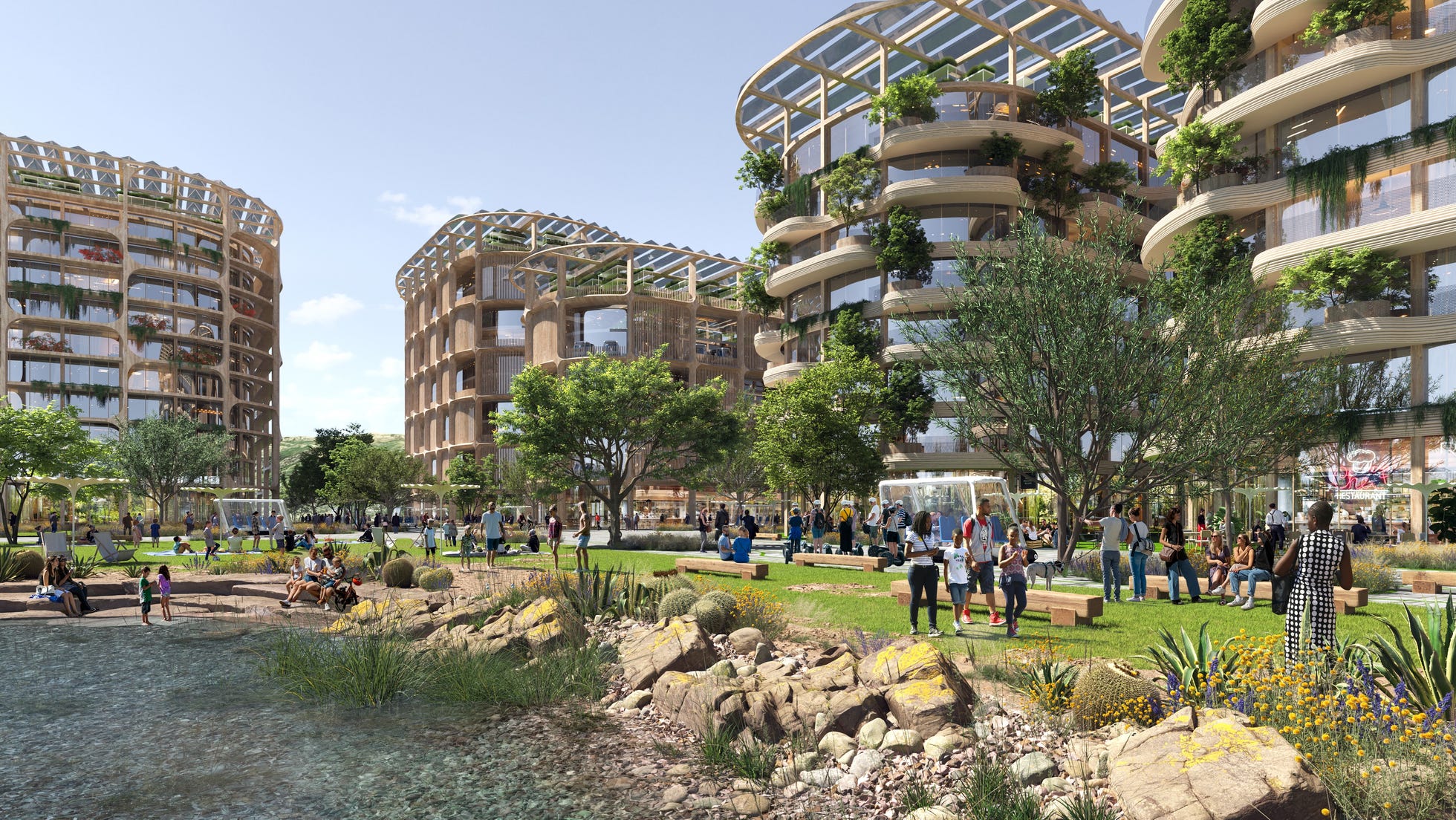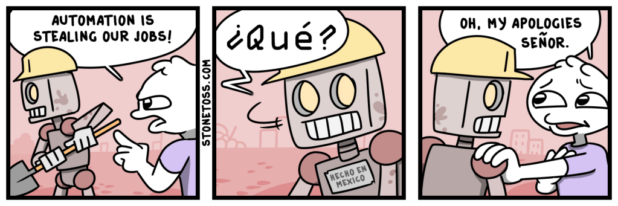Computer-generated images of Telosa.
Corporations building megacities, where the residents are effectively citizens of a corporate entity, is a common theme in science fiction, and something that was pretty obviously on the way in real life for a while now.
This is a dystopian nightmare – but still interesting!
If you’re spending half a trillion dollars to build a futuristic megacity, there is one thing you’re going to make sure you have enough of: black people.
After all, black people built America from nothing but cotton.
What could they provide to a future city?
Everything.
If Marc Lore’s vision comes to fruition, 50,000 residents could be living in a egalitarian utopia by 2030.
Lore, who stepped down as CEO of Walmart’s US e-commerce division earlier this year, announced last month that he plans to build a futuristic city known as Telosa. Telosa – which gets its name from an Ancient Greek word meaning “highest purpose” – plans to offer its citizens equal access to education, healthcare, and transportation. Residents will get around in autonomous vehicles and the city will run on renewable energy, Telosa’s website promises.
While citizens of Telosa will be able to build their own homes and sell them, the city will maintain ownership of the land itself, Lore told USA Today’s Scott Gleeson on Sunday. He calls his vision for the city “equitism” – a mash-up of equality and capitalism.
“The sole purpose of creating a city in the desert would be so it’s owned by the community, basically take all the appreciation of the land and give it back to the citizens,” Lore told USA Today. “Taxes paid will go back to the city for infrastructure – roads, tunnels and bridges – so everyone would know exactly where their money is going.”
It’s an ambitious endeavor, and an expensive one: the city’s website estimates the first phase will cost $25 billion, with the total cost of the city surpassing $400 billion. It will be funded by investors and philanthropists, as well as government grants and subsidies, according to the Telosa website.
There’s no set location for Telosa just yet, but a few regions have been mentioned as possibilities: Nevada, Utah, Idaho, Arizona, Texas, and the Appalachian Region, which includes 13 states in the eastern part of the US.
The first phase of Telosa – stocking the city with 50,000 residents by 2030 – will likely include an application process, Lore told USA Today.
“Settlers” of the city will be chosen via a selection process focused on diversity and inclusion, he said, and he’s working to determine the criteria with the help of a team of staff and volunteers that includes architects, economists, engineers, climate experts, and more.
A techno-utopia is going to be a lot like a non-techno utopia – i.e., the utopia we are currently living in.
